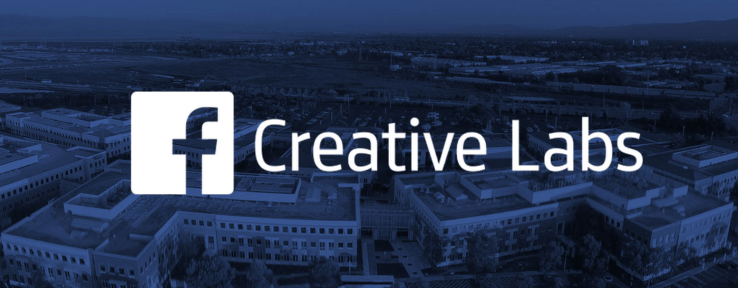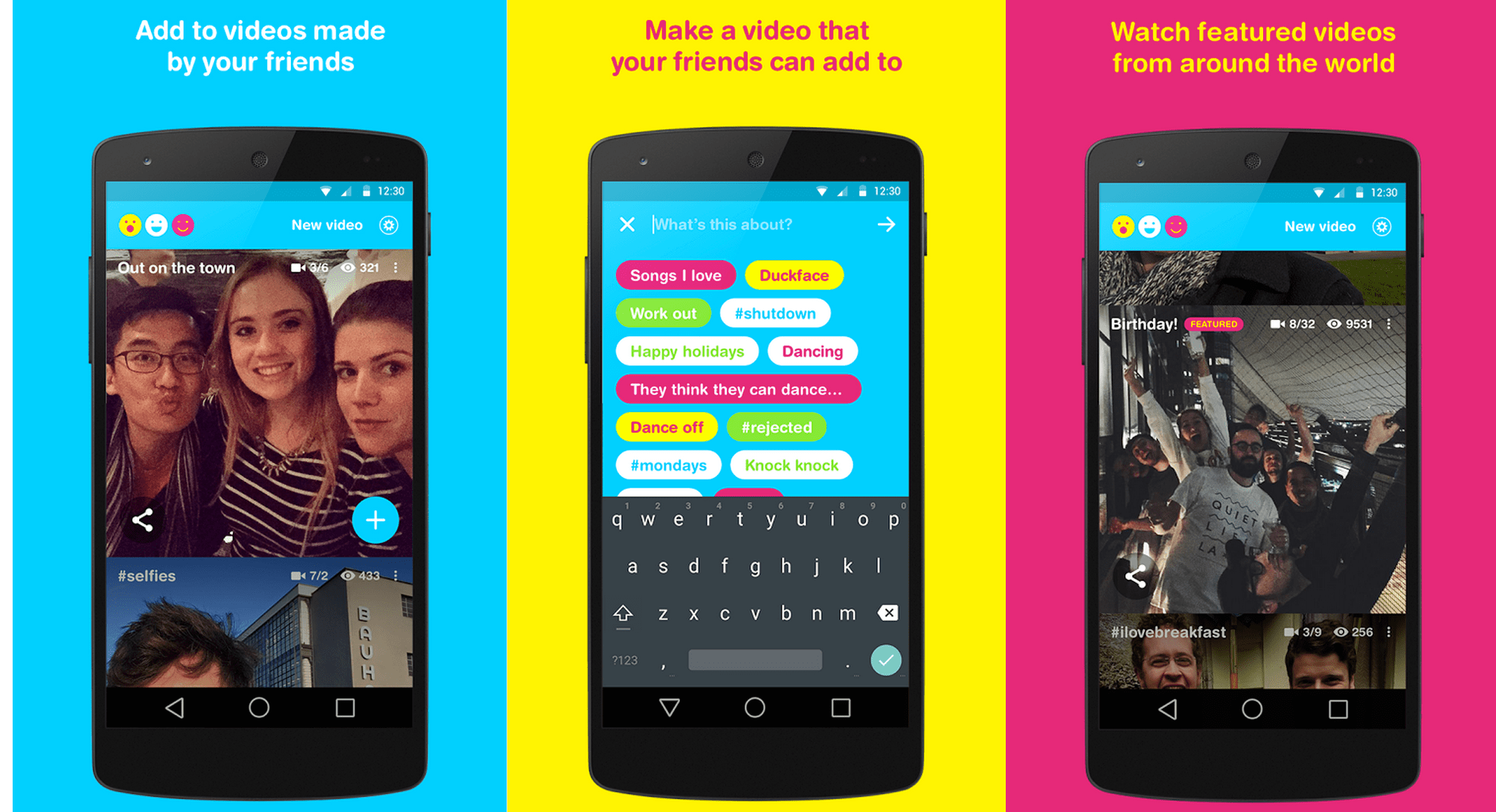Apps Facebook Slingshot Rooms Facebook Kills Creative Labs, Its Internal Incubator, Plus Some Of Its Apps

Facebook is shuttering its internal R&D division, Creative Labs, launched nearly two years ago as an effort aimed at allowing the large company the ability to act more nimbly – and more like a startup. However, like many startups, the products emerging from the Creative Labs incubator had trouble finding traction and success.
Along with the closure of the group itself, Facebook is also pulling several of its under-performing apps, including photo-sharing app Slingshot, anonymous chat app Rooms, and collaborative video app Riff.
All three were originally notable efforts at offering a different experience for Facebook users outside of the social network. Rooms, in particular, was buzzed about at the time of launch because it was Facebook’s first experiment with a way to network without having to share your real name.
While none of these apps caught fire, other launches from Creative Labs have shown more promise. Facebook’s Flipboard competitor Paper still has a small but devoted following, and its photo-sharing app Moments even saw some spikes in its growth in recent weeks, thanks to heavier promotion on the Facebook site and in the Facebook Messenger application.
CNET was the first to report the news of the group’s shutdown, with a spokesperson telling the site that elements of the shuttered apps had been incorporated into the main Facebook iOS and Android applications. It’s a bit unclear how that statement is true, though – Facebook doesn’t currently offer a way to network anonymously, or build videos together with friends, for example.
Moments does allow for photo-sharing and can produce videos made up of your photos and those from friends, but it’s more focused on private sharing between individuals or small groups rather than a utility for video creation, like Riff.
The problem with Facebook’s Creative Labs’ apps – like many new releases on today’s app stores – is that it’s hard to find an audience without promoting the apps in some way, such as via advertisements, paid user acquisition efforts, marketing efforts, or heavy media attention. But Facebook didn’t leverage its ability to reach over a billion users in order to drive installs for many of these apps, allowing them to win or lose on their own merits. (Moments is a recent exception to this rule – Facebook even promoted the app above users’ News Feeds.)
Despite the division’s shutdown, Facebook says it will still innovate with new applications, and will continue to support apps like Facebook Paper, as well as the newer spinoffs from Facebook-owned Instagram, like Layout and Hyperlapse, for example.
Meanwhile, Slingshot and Riff have already been pulled from the respective app stores, but will still work for users who have the downloaded and installed. Rooms will shut down December 23, at which point you’ll no longer be able to post the app.


Comments
Post a Comment